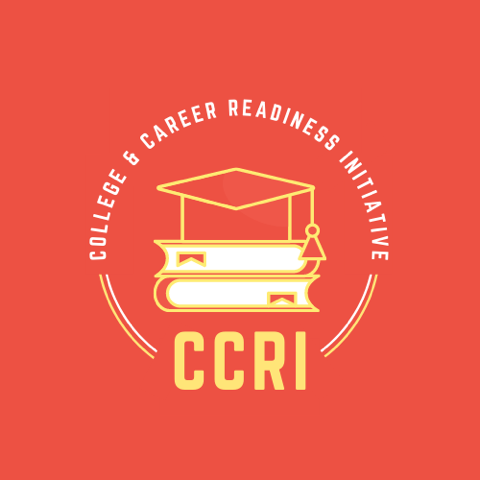Imposter Syndrome and How to Beat It
Imposter Syndrome is known as “the persistent inability to believe that one's success is deserved or has been legitimately achieved as a result of one's own efforts or skills.” This was something that I didn’t know existed before college, but it hit me hard. As the youngest of five, I hoped that I would have my siblings to help guide me through college, but unfortunately, none of them went to college. This was something completely new to me and it was a scary experience, something that was amplified when I decided to go to college at a predominantly white institution.
At 9am on my first day of freshman year, during my first class at Cornell, we were doing classic introductions like name, major, hometown, and surprisingly enough, racial/ethnic background. When I described that I was a Mexican girl from Reno, Nevada, one of my white peers exclaimed, “Wow, a Mexican from Nevada? Cornell had to accept you!” It was silent in the classroom, until my friend spoke up and questioned why he had thought that was okay to say. I was quiet as I remembered the statistic the president of the university had mentioned earlier that week during orientation presentations: In the class of 2023, we had a student from every state except Montana. As I looked around the classroom, realizing I was the only Latino student in the class, I knew this was going to be a hard journey.
That comment is something that has stuck with me for the last three years and will probably stick with me for a long while. Hearing that from a peer made me feel like I was just a token for Cornell to use to advertise that they had a student from Nevada enroll, and as I have gone three years without meeting another student in the class of 2023 who is from Nevada, there are times when the comment feels real. As I hear students boast about their almost perfect test scores and long list of AP exams with perfect scores, I feel less and less like I belong. As I see few students who look like me and relate to my cultural background, I feel alone. It is a constant battle I’ve had to face as I go on with my college experience, the comment ringing in my ears when I find myself struggling in a calculus class or not understanding Python in my computer science course. Imposter syndrome has been one of the hardest battles I’ve had to battle while in college, and unfortunately, it is something that is extremely difficult to beat, yet not impossible.
One of things that I’m grateful of having at Cornell is a support system throughout the university. I’ve attended meetings with the first generation student union that made me feel less alone. I’ve been a part of mentorship programs where I talk to graduate students who were in the same position as I was, and they are thriving in graduate school. I’ve spoken to faculty and staff who have told me that I belong at this university and I’ve earned my place, overcoming all the struggles and lack of resources to make it this far. My friend group is filled with support as they hype me up for getting a barely passing grade on an exam, but hey I passed. The small things like this make such a monumental impact on my mindset that the comment from that one student freshman year is nothing but a slight buzz in my ears. It’s always there, and it sneaks up in the most unexpected moments, but talking about my experience with others and finding support throughout the university in friends, programs, clubs, and faculty has made my imposter syndrome an easier battle to win.
Imposter syndrome is something that can easily never go away, and that feels like a reality for me. Yet, when I get a perfect score on a coding assignment or great feedback on my government paper, I find myself reminding the little voice in my head that I’m proving that peer wrong, I am more than a token. I’ve overcome everything that has been thrown on my path, and while that comment brought me down temporarily, it only made me more motivated to prove him wrong. As I continue to work hard to make myself and my family proud, I am reminded that I earned my place in these classes, majors, and university, and no one can take that away from me. I am a successful first-generation college student, and once I realized I wasn’t alone in this journey, battling that self-doubt became easier with all the support to push me higher.
If you have any questions about imposter syndrome or the general college experience, please email ccri@cornell.edu and you will get a response from someone about their experience and additional answers to your questions!
